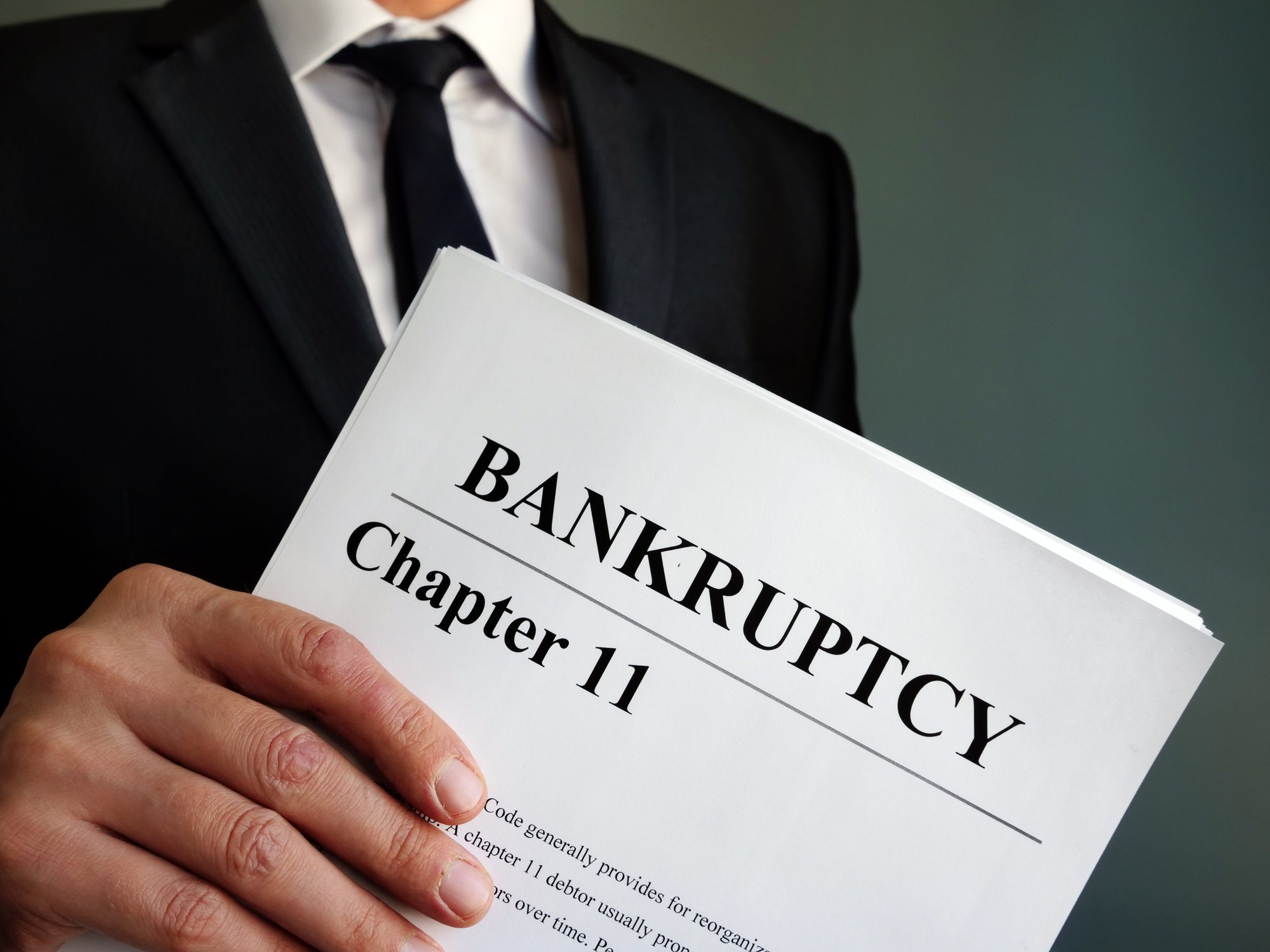What happened
Shares of U.S. energy driller Chesapeake Energy (CHK +0.00%) fell nearly 18% at the open of trading on June 10. Peers Centennial Resource Development (CDEV 0.27%) and Denbury Resources (DNR +0.00%) were down even more, losing as much as 21% and 22%, respectively, in the first half hour of trading on Wall Street.

Image source: Getty Images.
This is the second day in a row these stocks have been hit hard out of the gate. But despite the significant pullbacks, Chesapeake is still higher by around 50% over the past five days. Centennial is up roughly 30% over that span. And Denbury has held on to a gain of around 85%. The three stocks have seen investors go from risk on to risk off, but there still appears to be some long-term excitement around the shares.
So what
The recent investor enthusiasm has obscured the underlying reality in the energy sector. Yes, the reopening of economies around the world after shutting down to slow the spread of COVID-19 is good news. OPEC and its partners (notably Russia) agreeing to extend production cuts is a positive event. And oil recovering enough to allow shut-in U.S. onshore wells to start producing oil again will definitely help exploration and production companies that are struggling to survive. But these aren't the only issues investors need to worry about.
For example, Chesapeake has been laboring under a heavy debt load for a long time. Concerns that it would be forced to seek bankruptcy court protections have been around for a while, with Motley Fool contributor Matthew DiLallo noting, on May 11, that the company had hired restructuring advisors. Oil rising into the $40 per barrel range might help the company limp along for longer, but it still had a lot of work to do if it wanted to fix its balance sheet. And yet investors seemed shocked when Bloomberg announced after the close on June 8 that, according to people in the know, the company was preparing to file Chapter 11. When trading began on June 9, the stock crashed.
This isn't some minor shift in mood. At one point over the past five days, the stock was up some 450%. It's now up "just" 50% or so. Clearly, investor enthusiasm has waned in a big way, shifting from what some might call irrational exuberance to just exuberance, noting that there's a very real risk that shareholders will get wiped out if the company ends up declaring bankruptcy.
Data by YCharts.
This isn't the only exploration and production company with issues, either. At the end of the first quarter, the debt-to-equity ratios of Centennial Resource Development and Denbury Resources were both higher than that of Chesapeake. That ratio takes into account the value of a company's publicly traded stock and partly reflects the steep stock price declines that have been witnessed this year. However, if you step back and look at just balance sheet metrics, debt to equity for Centennial Resources is a more reasonable 0.4, while Denbury number is a far more troubling 1.5. Looking at another ratio shifts the positives and negatives in this comparison, with Denbury covering its trailing interest expenses by six times in the first quarter and Centennial failing to cover its interest costs. There were one-time items that led to the dismal showing here for Centennial, but even if you look back to the fourth quarter, its interest coverage (a tight 1.3 times) fell well short of Denbury's (roughly 5 times).
In other words, there are balance sheet issues to deal with at Denbury and Centennial. And that doesn't even take into consideration their individual business operations or the broader energy market. In fact, some of the good news in recent days may actually turn out to be bad news for drillers like these. For example, OPEC is trimming its output, but U.S. drillers are starting to reopen shuttered wells. So the net benefit may actually turn out to be minimal. This is a fast-moving and fluid market in which investors need to tread very carefully.
Now what
Oil and natural gas are commodities prone to big price changes. Those changes have material impacts on the companies in the industry, from business decisions to share prices. Right now most investors should be erring on the side of caution, not taking big risks in the hope of timing a recovery (for individual companies or the industry as a whole). If you want to own an oil name, consider stepping back and looking at international integrated energy giants, which, for the most part, have the scale, diversification, and financial strength to weather energy downturns.






